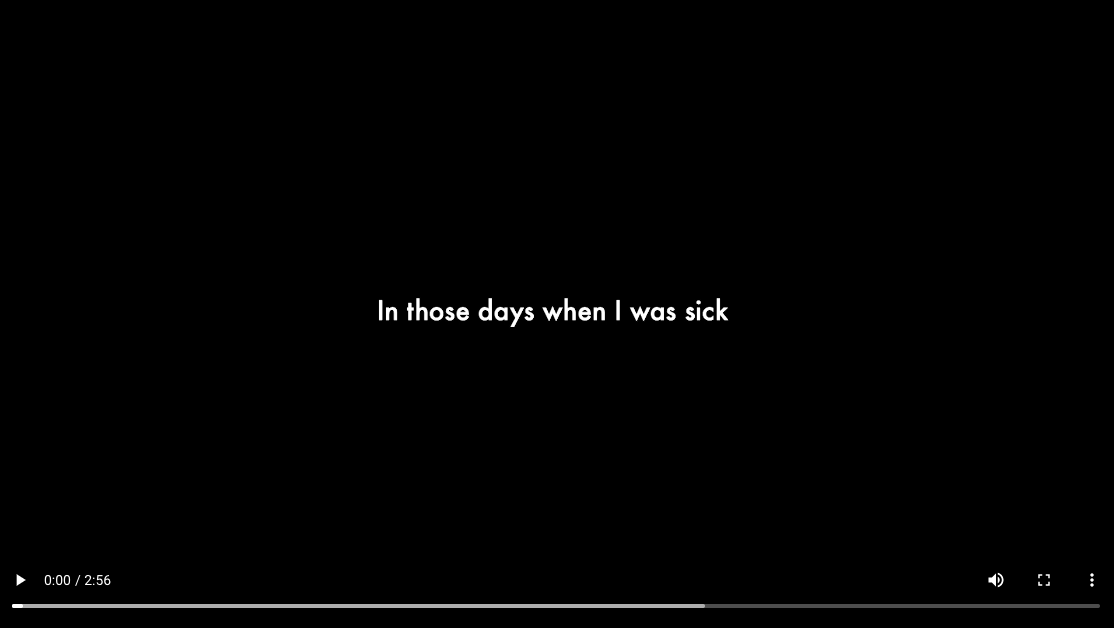Back in March I kept reading about domestic violence being on the rise, internationally, as a consequence of the forced quarantine. After several attempts to contact women who were suffering from domestic abuse I talked to Natalia.

Trauma expert Judith Lewis Herman in an interview with The New York Times compared the oppression of abusers to the one of kidnappers who control hostages, citing “isolation from friends, family and employment; constant surveillance; strict, detailed rules for behavior; and restrictions on access to such basic necessities as food, clothing and sanitary facilities.”
Organizations for women’s protection need to work with projections, because it’s harder for victims stuck at home with an abuser to even make a call. I decided to talk to Sarah Crawford Banda from NMIC, a community-based organization that provides legal, organizing, advocacy, career services and education in New York, working primarily with immigrant families.
She described how “Batterers have always been creative in terms of their chosen tactics of power and control. Any extra leverage that can be weaponized against survivors is often fair game. We have one client whose abusive partner stated he would not follow social distancing and intentionally contract Covid-19 if she refused to have sex with him. Another spat and coughed on his partner to frighten her. With separated families we have seen a dynamic where children are making emotional appeals to survivor moms asking that fathers be allowed to return home out of fear of his health or risk of infection.”
Mrs. Crawford Banda also stressed the importance of economical independence when victims are making the decision to separate from their abusers. Since the crisis hit many women lost their jobs and need to rely on their partners more, or were in the process of saving and are now depleting their resources.
When I asked her what could be done to help while keeping everyone safe, she told me that she would like to see grants assigned to undocumented survivors who are not eligible for other Covid-19 relief and in desperate financial need, and hotel rooms become available to the ones in need of emergency housing when domestic violence shelters are at capacity.
Through Mrs Crawford Banda I had the opportunity to speak to Natalia, a Dominican woman currently living with her batterer in Washington Heights, northern Manhattan. This is a recording of our phone call.
This story was sponsored by Cortona On The Move, Covid19 Visual Project